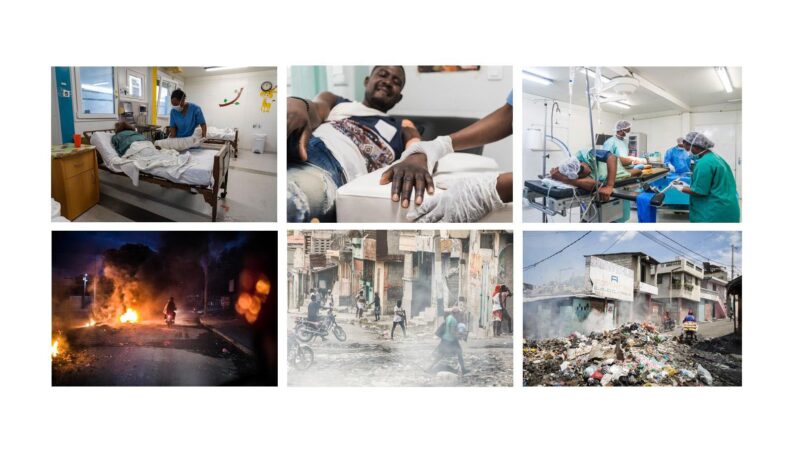Intensified war waged against Dengue

Following reports of an increased number of Dengue cases in the city, surrounding areas and the whole region, the city embarked on several Thursday mornings intensified house-to-house search and destroy activity.
The activity dubbed as Denguerra kicked off at city hall last Thursday (June 23), and was actively participated in by city and barangay officials, city employees, business, religious and academic communities, non-government organizations, volunteers and private individuals.
According to Mayor Benjamin Magalong, the simultaneous barangay activity may be extended, for as long as needed. However, due to the inauguration rites on June 30, the search and destroy activity was moved to July 1.
All other Thursdays shall be devoted to destroying breeding places for the Aedes mosquito. Containers with clean stagnant water are emptied while bromeliads and fortune plants are drained as retained water may also serve as mosquito breeding places.
During the regular management committee meeting, Health Services Office head Dr. Rowena Galpo presented data on the rising Dengue cases.
In January to June of 2021 there were 221 cases, while there were 494 Covid cases in 2022 during the same period. There were also five deaths seen as co-infected Dengue/Covid-19 in 2021, while there are yet no deaths for the city in 2022.
Barangays with clustered cases for the past four weeks are Balsigan, Lower Rock Quarry, Engineers hill, Guisad central, St. Joseph Village, North Bakakeng, Irisan, Loakan proper, SLU-SVP, Asin road, Lucnab, Pacdal, Camp 7, Pinget, Country Club Village, Pinsao Proper, Pinsao Pilot Project, Dontogan, San Vicente, Lower Quirino Hill, South Central Aurora Hill, Fairview, Kias, San Luis Village, Bakakeng central and Gibraltar Dr. Galpo further reported.
In a meeting last week which focused on reconstituting the Baguio City Anti-Dengue committee (BCADC), data was presented wherein Dengue victims shifted from the children to the teenagers up to the young adults; and tapers off to the older population. This was attributed to the Aedes mosquitoes’ being day time biters and the stay-at-home situations during the past months.
According to the City Epidemiology and Surveillance Unit (CESU) head Dr. Donna Tubera-Panes, studies show that Dengue-carrying mosquitoes’ peak biting times are from 6 to 8 AM to 4 to 6 PM.
Studies also show that the best time to catch the mosquito is in its egg stage, Panes added.
Control should be done early as a mosquito in its 4-week lifespan produces 40 reproductive pairs in seven days. The said number could multiply up to thousands and spread more Dengue cases in just a few days, if not controlled, Panes emphasized.
Following an observed cyclic pattern of epidemic, Dengue cases increase after every three to four years; 2003, 2006, 2010, 2013, 2016 and 2019.
In a meeting with district coordinators of punong barangays, Health Services Office Sanitary Division head Engr. Charles Carame divulged an anticipated Dengue case increase next month.
We work together to avert the anticipated rise in cases, Carame said.
Assessment shall be done per barangay after every activity, he added. – Julie G. Fianza







